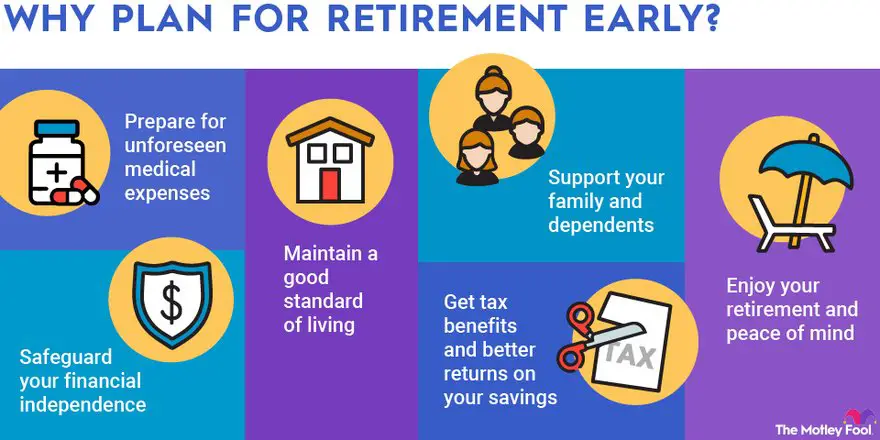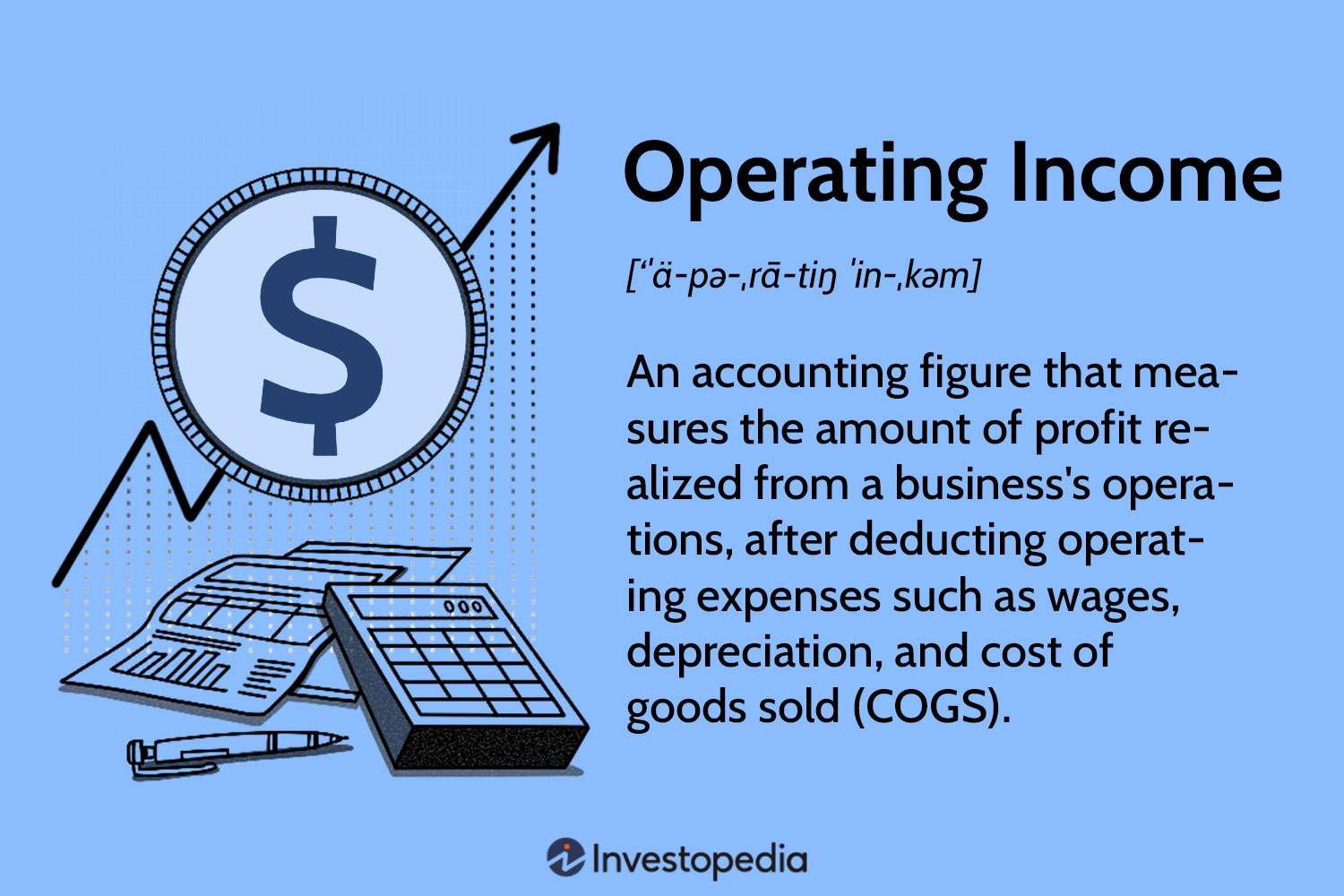If you’re wondering how to choose the best retirement savings account, you’ve come to the right place. Planning for retirement can be overwhelming, with a multitude of options available in the market. But fear not, as we’re here to guide you through the process and help you make the best decision for your future financial security. In this blog article, we’ll explore the key factors to consider when selecting a retirement savings account, ensuring that you’re equipped with the knowledge to make an informed choice. So, let’s dive in and navigate the world of retirement savings accounts together.
How to Choose the Best Retirement Savings Account
Introduction
Planning for retirement is a crucial step in ensuring financial security during your golden years. One of the most important aspects of retirement planning is selecting the right retirement savings account. With so many options available, it can be overwhelming to choose the best one for your needs. In this article, we will guide you through the process of selecting the ideal retirement savings account that aligns with your goals and financial circumstances. We’ll explore various factors to consider, including account types, tax advantages, fees, investment options, and more. Whether you’re just starting your retirement savings journey or looking to optimize your existing account, this comprehensive guide will help you make an informed decision.
Different Retirement Account Types
When it comes to retirement savings accounts, there are several types to choose from. Each has its own features, eligibility criteria, and tax advantages. Let’s dive into the most common types of retirement accounts:
1. 401(k) Plans
- A 401(k) plan is an employer-sponsored retirement savings account that allows employees to contribute a portion of their salary on a pre-tax basis.
- Contributions are deducted from your paycheck before taxes are applied, reducing your taxable income for the current year.
- Employers often match a percentage of the employee’s contributions, increasing the overall savings.
- Withdrawals from a 401(k) account are subject to income tax during retirement.
2. Individual Retirement Accounts (IRAs)
- An Individual Retirement Account (IRA) is a personal retirement savings account that individuals can set up on their own.
- Traditional IRAs allow tax-deductible contributions, which means you can lower your taxable income for the year by contributing to your IRA.
- Roth IRAs, on the other hand, use after-tax contributions, allowing tax-free withdrawals during retirement.
- There are income limits and contribution limits for both traditional and Roth IRAs.
3. Roth 401(k) Plans
- A Roth 401(k) combines features of a traditional 401(k) and a Roth IRA.
- Contributions to a Roth 401(k) are made with after-tax dollars, but the withdrawals during retirement are tax-free.
- Unlike Roth IRAs, there are no income limits for contributing to a Roth 401(k).
- Employers may or may not match contributions to a Roth 401(k).
4. Simplified Employee Pension (SEP) IRA
- A Simplified Employee Pension (SEP) IRA is a retirement plan suitable for self-employed individuals and small business owners.
- Contributions to a SEP IRA are tax-deductible and grow tax-free until withdrawal during retirement.
- Employers can contribute to their own SEP IRA and their employees’ accounts.
- SEP IRAs allow higher contribution limits compared to traditional IRAs.
Tax Advantages and Considerations
Understanding the tax advantages and implications of different retirement savings accounts is crucial in making an informed decision. Let’s explore the tax aspects of retirement accounts.
1. Tax Deductible Contributions
- Some retirement accounts, such as traditional IRAs and 401(k) plans, offer tax-deductible contributions.
- Contributing to these accounts reduces your taxable income for the current year, potentially lowering your overall tax bill.
- However, keep in mind that taxes on withdrawals will be due during retirement.
2. Tax-Free Growth
- Many retirement accounts, including Roth IRAs and Roth 401(k) plans, provide tax-free growth.
- Contributions to these accounts are made with after-tax dollars, and any earnings or growth within the account are not subject to taxes.
- Qualified withdrawals during retirement are also tax-free.
3. Required Minimum Distributions (RMDs)
- Traditional IRAs and 401(k) plans have a requirement to start taking withdrawals, known as Required Minimum Distributions (RMDs), once you reach a certain age.
- Failure to take RMDs can result in hefty tax penalties.
- Roth IRAs, on the other hand, do not have RMDs during the original account holder’s lifetime.
4. Tax Implications on Withdrawals
- Withdrawals from retirement accounts are generally subject to income tax.
- Traditional IRAs and 401(k) plans tax withdrawals as ordinary income.
- Roth IRAs and Roth 401(k) plans, if the requirements are met, allow tax-free withdrawals during retirement.
Investment Options
The investment options available within retirement savings accounts vary depending on the account type and provider. Consider the following factors when evaluating the investment options for your retirement account:
1. Diversification
- Look for retirement accounts that offer a wide range of investment options.
- Diversification is crucial in spreading your investments across different asset classes, such as stocks, bonds, and mutual funds.
- A well-diversified portfolio can help mitigate risk and potentially enhance returns.
2. Risk Tolerance
- Assess your risk tolerance and investment preferences when selecting a retirement account.
- If you’re comfortable with higher risk and potential higher returns, consider accounts that offer a broader range of investment options, including individual stocks.
- If you prefer a more conservative approach, opt for accounts with a focus on bonds and stable income-generating investments.
3. Fees
- Pay attention to the fees associated with the investment options within your retirement account.
- High fees can eat into your investment returns over time.
- Compare expense ratios, administrative fees, and any other charges when evaluating different retirement account providers.
4. Target Date Funds
- Target date funds are a popular option within retirement accounts.
- These funds automatically adjust the asset allocation based on your target retirement date.
- They gradually shift to a more conservative investment mix as you approach retirement.
- Target date funds offer a convenient, hands-off approach for investors who prefer a set-it-and-forget-it strategy.
Additional Considerations
Beyond the account types, tax advantages, and investment options, there are a few more factors to consider when choosing the best retirement savings account:
1. Employer Contributions
- If you’re employed, consider the matching contributions offered by your employer.
- An employer match provides an immediate boost to your retirement savings.
- Maximizing employer match contributions should be a priority if available.
2. Accessibility of Funds
- Consider your withdrawal needs and any penalties associated with early withdrawals.
- Retirement accounts are designed to provide long-term savings, so accessibility to funds before retirement age may come with penalties.
- If you anticipate needing funds before retirement, explore options with more flexibility.
3. Estate Planning
- Evaluate the impact of your retirement account on your estate planning goals.
- Consider factors such as inheritance, estate taxes, and the ability to pass on the savings to beneficiaries.
- Consult with a financial advisor or estate planning attorney to ensure your retirement account aligns with your overall estate planning strategy.
Selecting the best retirement savings account is a crucial step towards securing your financial future. By considering factors such as account type, tax advantages, investment options, fees, and employer contributions, you can make an informed decision that aligns with your retirement goals. Remember to regularly review and reassess your retirement account to ensure it continues to meet your changing needs. With careful consideration and the right retirement savings account, you can take control of your financial future and enjoy a comfortable retirement.
How to choose the best retirement strategy for 2022
Frequently Asked Questions
Frequently Asked Questions (FAQs)
1. What factors should I consider when choosing the best retirement savings account?
When choosing the best retirement savings account, there are several factors to consider, such as the account type (e.g., 401(k), IRA), fees and expenses, investment options, withdrawal rules, and contribution limits.
2. How do I determine my risk tolerance for retirement savings?
To determine your risk tolerance for retirement savings, assess your financial goals, time horizon, and comfort level with market fluctuations. Consider consulting with a financial advisor who can help you evaluate your risk tolerance and develop an investment strategy that aligns with your goals.
3. Should I choose a traditional or Roth retirement savings account?
The choice between a traditional and Roth retirement savings account depends on your current and future tax situation. A traditional account offers tax-deferred contributions and tax-deductible contributions, while a Roth account provides tax-free qualified withdrawals in retirement. Evaluate your tax circumstances and consult with a financial professional to make an informed decision.
4. What are the fees associated with retirement savings accounts?
Fees associated with retirement savings accounts can vary widely. Common fees include administrative fees, investment management fees, transaction fees, and expense ratios. It’s essential to compare fees across different account providers to minimize costs and maximize your investment returns.
5. How important is diversification in retirement savings?
Diversification plays a crucial role in retirement savings as it helps spread risk across different types of investments. By diversifying your portfolio, you can potentially minimize the impact of market volatility and increase the likelihood of achieving long-term investment goals.
6. Should I seek professional advice for choosing a retirement savings account?
Seeking professional advice when choosing a retirement savings account can be beneficial. A knowledgeable financial advisor can provide personalized guidance based on your financial situation, retirement goals, and risk tolerance. They can help you optimize your savings strategy and navigate the complexities of various retirement account options.
7. Can I switch retirement savings accounts in the future?
Yes, you can switch retirement savings accounts in the future. However, consider the potential tax implications and any associated fees before making a switch. It’s advisable to consult with a financial advisor who can assess your specific needs and guide you through the account transfer process.
8. Are there any penalties for early withdrawals from a retirement savings account?
Yes, there can be penalties for early withdrawals from a retirement savings account, depending on the account type. For example, with a traditional IRA or 401(k), early withdrawals before age 59½ may incur a 10% penalty in addition to income taxes. Roth IRAs offer more flexibility and allow penalty-free withdrawals of contributions at any time, but penalties may apply to withdrawals of earnings made before age 59½.
Final Thoughts
In conclusion, choosing the best retirement savings account requires careful consideration of several key factors. Firstly, it is essential to evaluate the account options offered by different financial institutions and compare their features, fees, and interest rates. Additionally, understanding your own financial goals and risk tolerance will help you determine the right type of account, whether it be a traditional IRA, Roth IRA, or 401(k) plan. Moreover, consulting with a financial advisor can provide valuable insights and guidance in making this important decision. By conducting thorough research and staying informed, you can make an informed choice and select the best retirement savings account that aligns with your long-term financial objectives.



